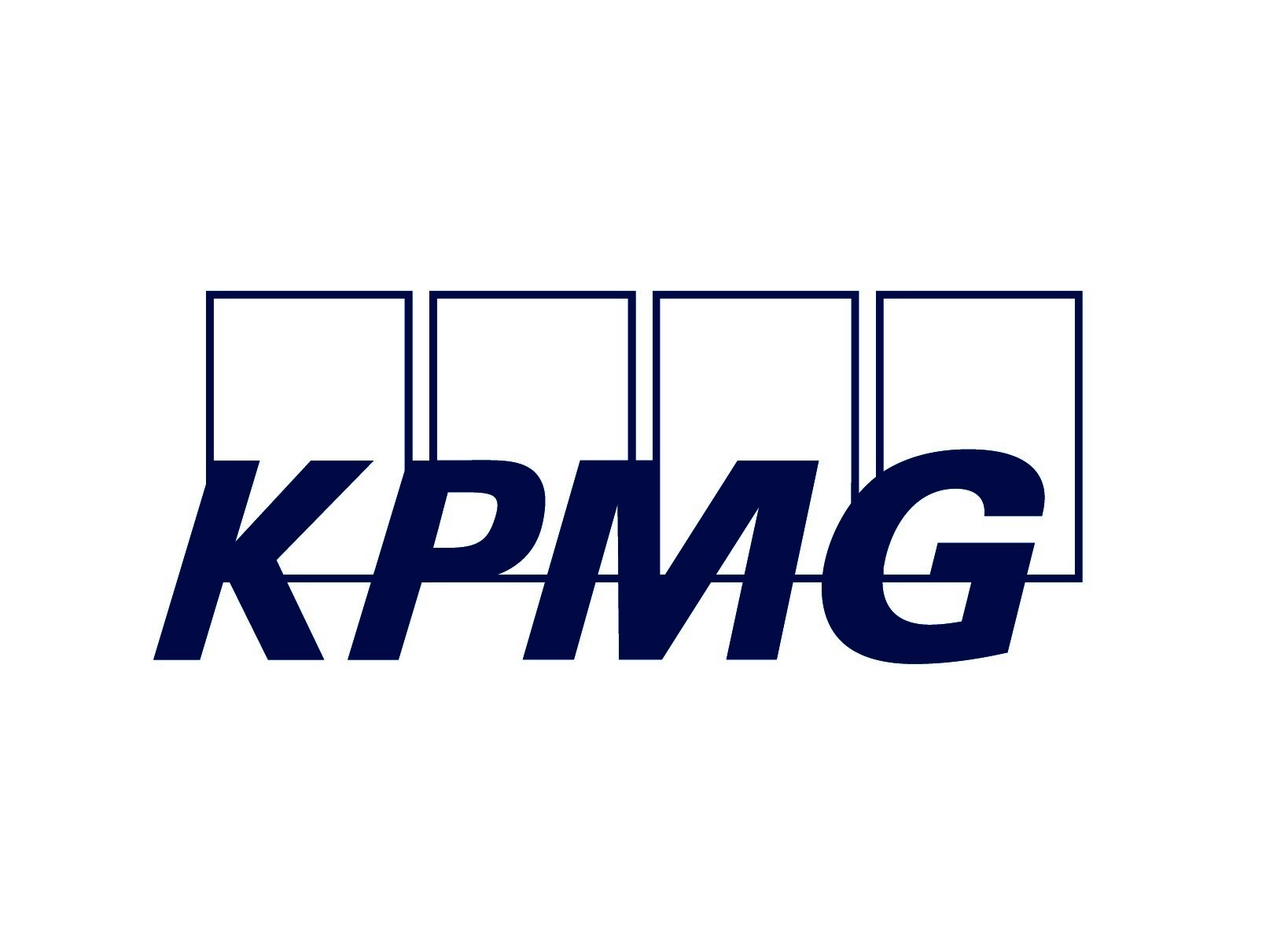According to a new report by KPMG International, 55% of consumers globally said they had decided against buying something online due to privacy concerns. Furthermore, less than 10% of consumers feel that they have control over the way organisations handle and use their personal data today, with respondents in most countries saying that privacy control is more important than the potential convenience gained from sharing personal data.
“An executive would be at risk of being fired if half their customer base disappeared after they made a crucial business decision,” said Nathan Desfontaines, KPMG’s Cyber Security manager in South Africa. “Failure to imbed privacy into the DNA of their business strategy could ultimately lead to the extinction of a business given how closely consumers and regulators alike are paying attention to how organisations collect, store and use personal data.”
‘Creepy’ versus ‘cool’
When it comes to the global attitudes on the usages of personal data, consumers draw the line in dramatically different places.
What one consumer finds ‘creepy’ …
· 82% are not comfortable with the sale of their data to third-parties in exchange for the speed, convenience, product range, home delivery and price comparison that online shopping offers
· 55% said a free fitness tracking device that monitors the well-being of users and produces a monthly report for them and their employer is crossing the line.
Another finds cool…
· 78% think telematics devices that enable emergency services to track their customers’ vehicles are a good thing
· 57% are happy to have a smart energy meter installed that enables a provider to deduce how many people live in a home, when they eat and sleep, and the appliances used.
While concerns around the “creepy line” vary, the overall top three concerns about the way organisations are handling and using their personal information were: unwanted marketing; personal information being sold on to third-parties and lack of secure systems. The survey found that strong cyber security systems (32%) are the most effective thing an organisation can do for customers to trust them with their personal data.
Data sharing
Over half of survey respondents said they were willing to share their gender, education or ethnicity online, while a considerably lower proportion were happy to share more sensitive information, such as location (16%), address (14%) or medical records (13%).
Consumers are increasingly taking matters into their own hands, with half of survey respondents saying they already delete their internet browser cookies or manage their social media settings. Almost one-third even use incognito or ‘do not track’ modes, while a quarter percent use encryption.
Other global highlights
· 57% of people fail to read, or only skim, privacy policies on entering websites
· Unwanted marketing (59%) was cited as consumers’ top concern about businesses using their personal data, followed by their data being sold to third-parties (58%) and organisations having unsecure systems (55%)
· Over two-thirds of people are not comfortable with smart phone and tablet apps using their personal data
· In all markets but one, at least 75% of respondents said that they were uneasy with their online shopping data being sold to third-parties.
Regional findings
· In Spain, 55% of respondents said they have no control over the way organisations handle and use their personal data
· Only 31% of consumers in Malaysia said that they had sufficient or full control over the way their personal data was handled and used
· UK is the country most worried about unwanted marketing
· Survey respondents in India are the most likely to manage social media privacy settings, and regularly change user names and passwords
· Respondents in Germany (78%), China (72%) and Switzerland (70%) are the most likely to know their online shopping data is sold to third-parties
For companies seeking to use personal data to personalise their marketing and services to the individual, build brand loyalty and develop better products, it is important that they understand that although opinions on privacy vary around the globe, it is clear that, more than anything, consumers value privacy over convenience.
“Understanding the value exchange between access to personal information and trust has never been more important than it is today,” said Desfontaines. “I truly believed that everyone would take a free TV no matter what. But clearly transparency is the strongest currency for any business.”
To view additional information about the study, please visit kpmg.com/creepfactor.





